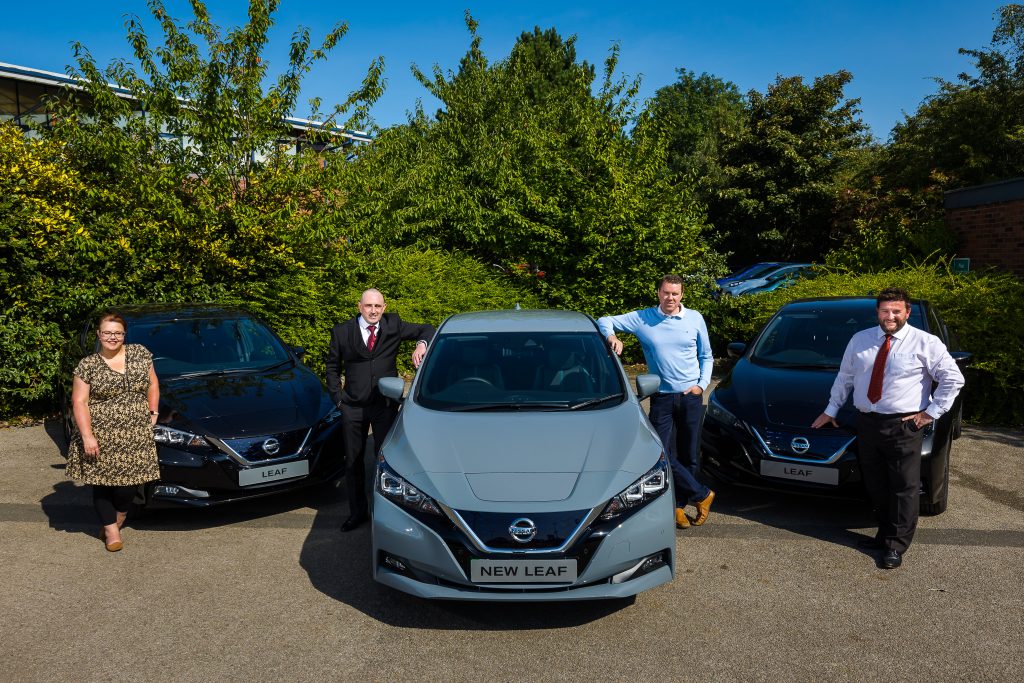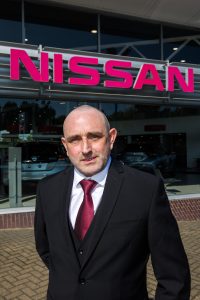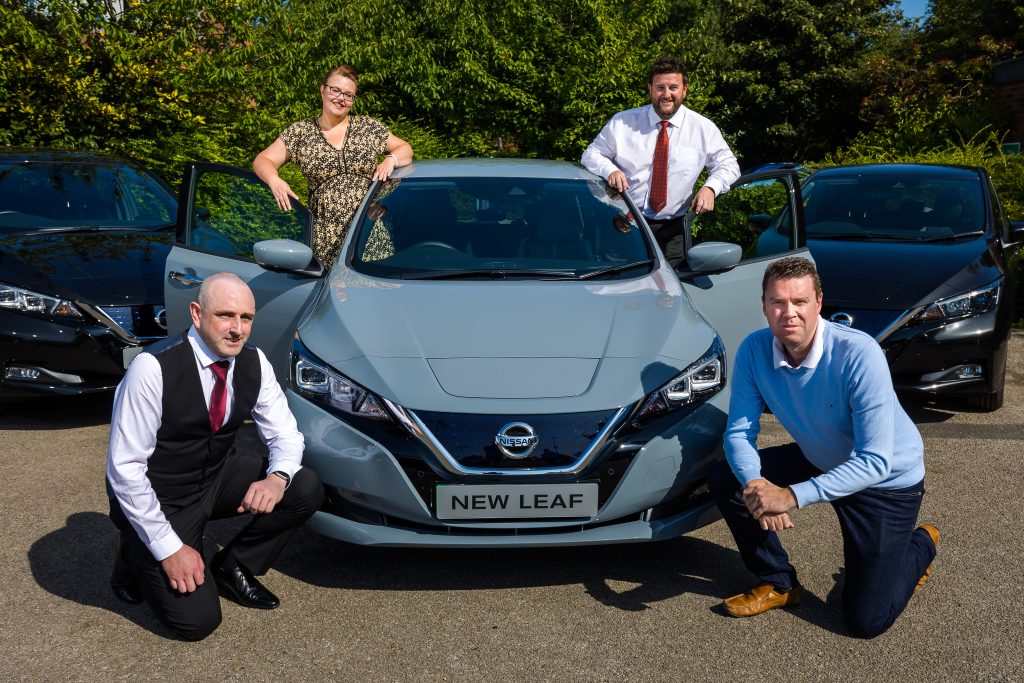Nissan is playing a pivotal role in the creation of a new sustainable transport hub in the north-east of England.
Ten all-electric Nissan LEAFs will be taking to the roads in the city of Sunderland – where the car is manufactured – as the first visible sign of the City Council’s Mobility Hub project, which aims to promote more sustainable travel in the area.
The newly-purchased cars will create a zero-emission pool fleet for council business use while 20 e-bikes will also be made available to staff.
Sunderland council has been exploring the creation of a Mobility Hub – a one-stop shop for travel needs and services – for some time and the purchase of the LEAFs, announced on World EV Day today, is the first step in its journey.

Common in Europe, such hubs allow people to make use of sustainable modes of travel, often meaning they no longer need a vehicle of their own. Tying in with the council’s aspirations to become a carbon-neutral city by 2040, the hope is that the hub will eventually make environmentally-friendly pool cars available to the public.
More than 500,000 examples of the Nissan LEAF have been sold around the world since its global launch in 2010.

Noel Critchley, corporate sales manager at Nissan Motor (GB), said: “With a range of up to 239 miles on a single charge, plus running and maintenance costs that are a fraction of a conventional petrol or diesel car, the Nissan LEAF is a great option for anyone looking to switch to electric motoring and cut their carbon footprint.
‘‘We are delighted to be working with Sunderland council on this exciting project and look forward to continuing our partnership in the years ahead.”
The cars are being supplied to the council by Evans Halshaw Nissan Sunderland in Wessington Way. Neil Milnthorp, head of business at the dealership, said: “We are delighted to be supplying these ten electric LEAFs to Sunderland council, in support of its efforts to create a zero-emission transport hub in our great city.
‘‘This is a progressive transport initiative for Sunderland and we look forward to supporting the council further in the transition to a low-carbon future, as well as assisting with any vehicle servicing and maintenance requirements they may have.”
The purchase of the cars coincides with the tenth anniversary of the start of LEAF production at Nissan’s Sunderland plant, and has been supported by the Government’s Getting Building Fund. News of the agreement coincides with World EV Day today, a celebration of electric vehicle ownership across the globe.

Councillor Claire Rowntree, Deputy Leader of Sunderland City Council, said: “This year, we have seen a great many reminders of the impact of global warming – from the devastating fires in Greece to flooding in the US, and we all have a role to play in ensuring we tackle the climate emergency.
“We’re determined, as a local authority, to set the bar when it comes to taking action and that’s why we’re targeting carbon neutrality as an authority by 2030, and as a city by 2040.
‘‘Initiatives like this one will put us right at the cutting edge in taking proactive steps to minimise our carbon footprint. We’re looking forward to testing the concept with these stunning Nissan cars that we’re very proud were made in Sunderland.
A different way of living
“It’s a fitting start to the Mobility Hub, which we hope will be a successful new asset that – eventually – the whole city will be able to make use of.”
Councillor Kevin Johnston, Dynamic City Portfolio Holder, added: “The Mobility Hub will stand at the heart of our Riverside Sunderland community, the UK’s first low-carbon urban quarter.
“We’re creating a unique place to live, work and play at Riverside and – through initiatives like this Mobility Hub – we will be able to show people a different way of living, offering them a service that will support them to live in a greener way and save money in the process.”
It is expected that the Mobility Hub will be of particular benefit to the 10,000 people who will eventually work at Riverside Sunderland, as well as the 2,500 residents who will live there when the site is fully developed. Sunderland City Council is itself planning to relocate to the area.



